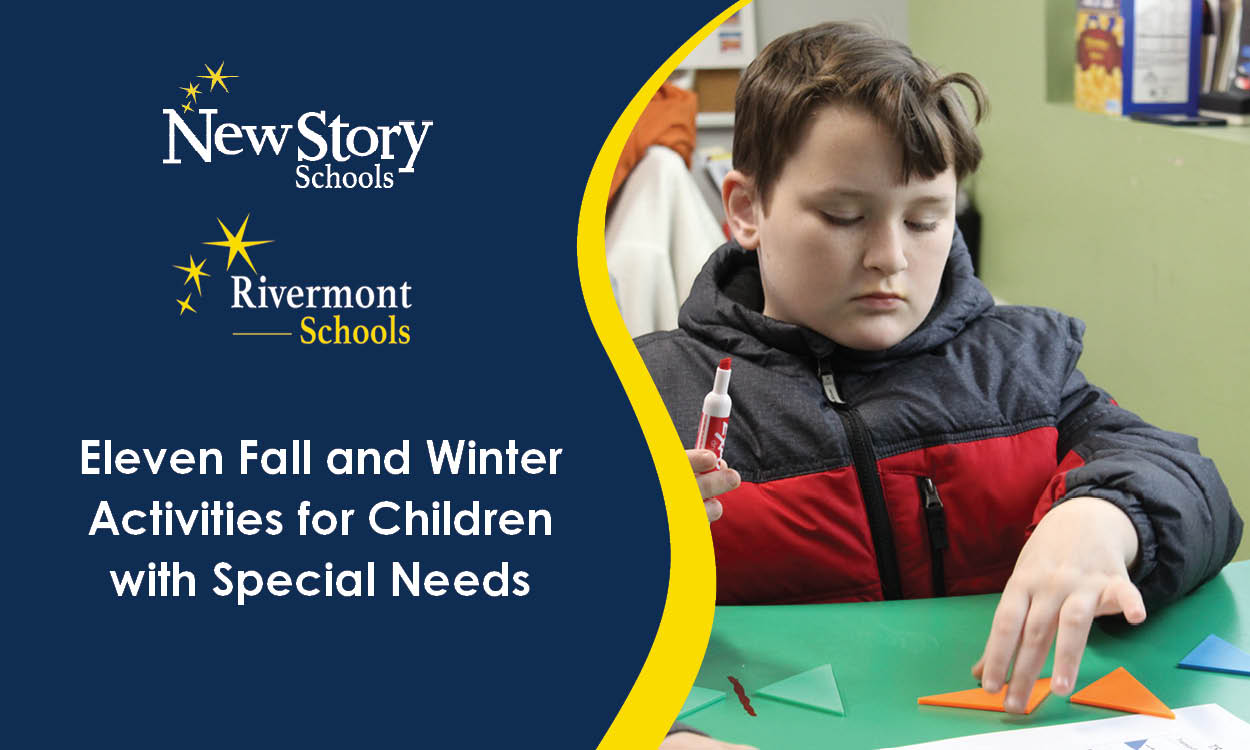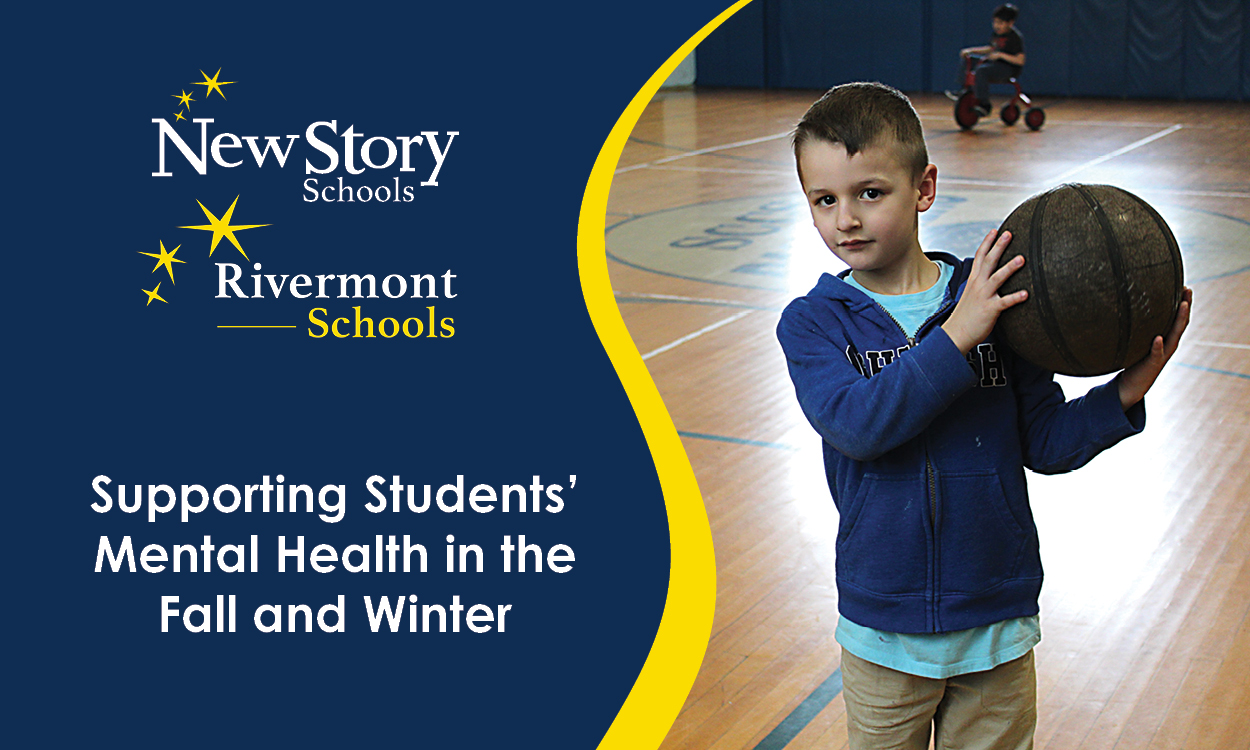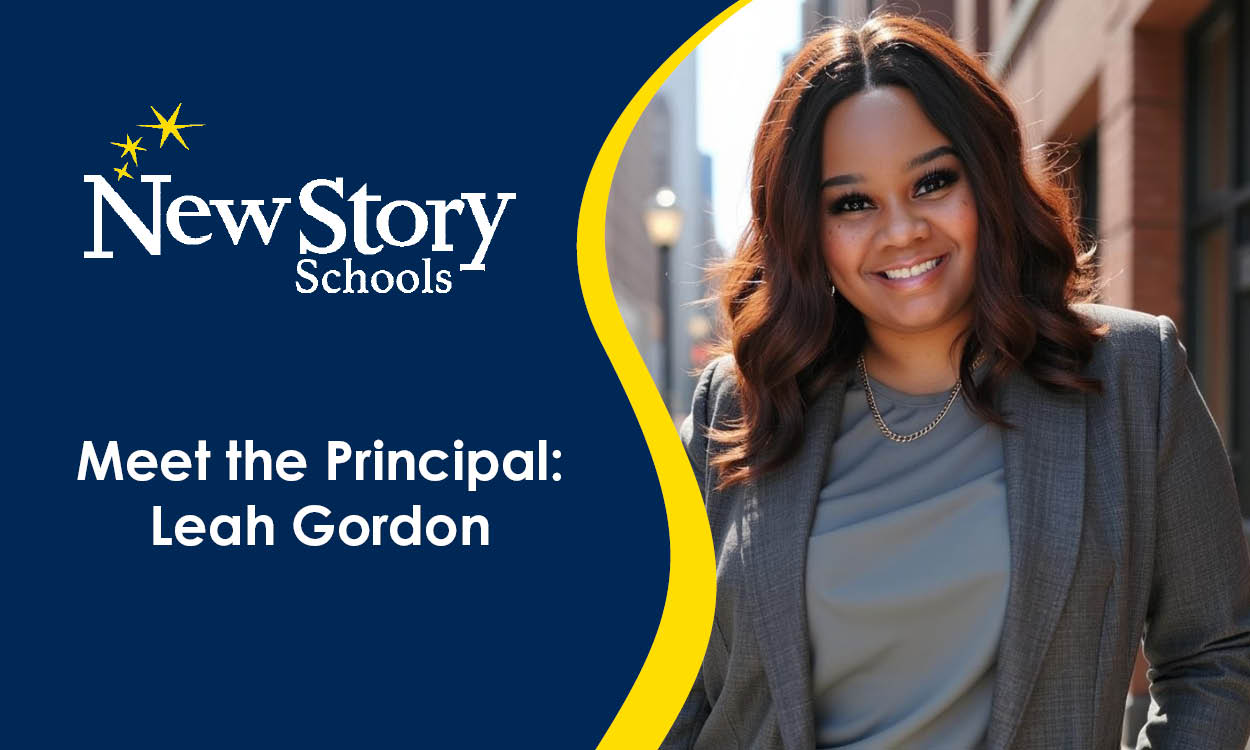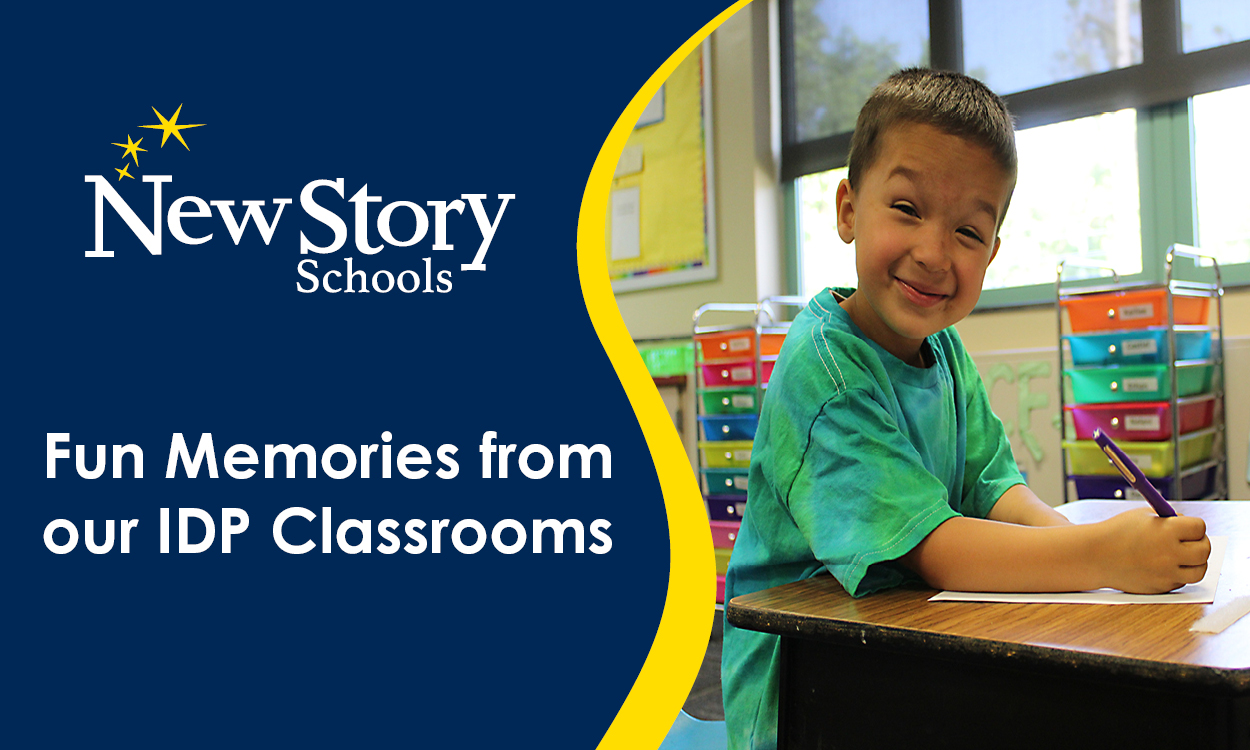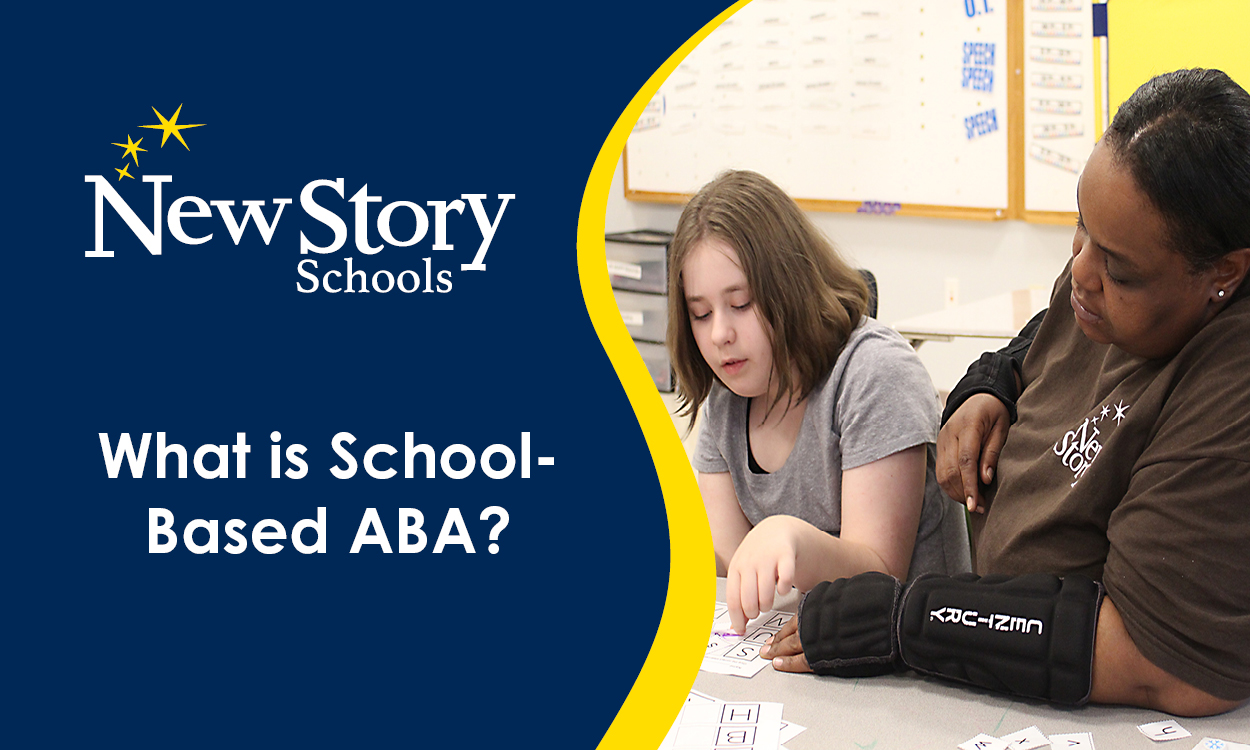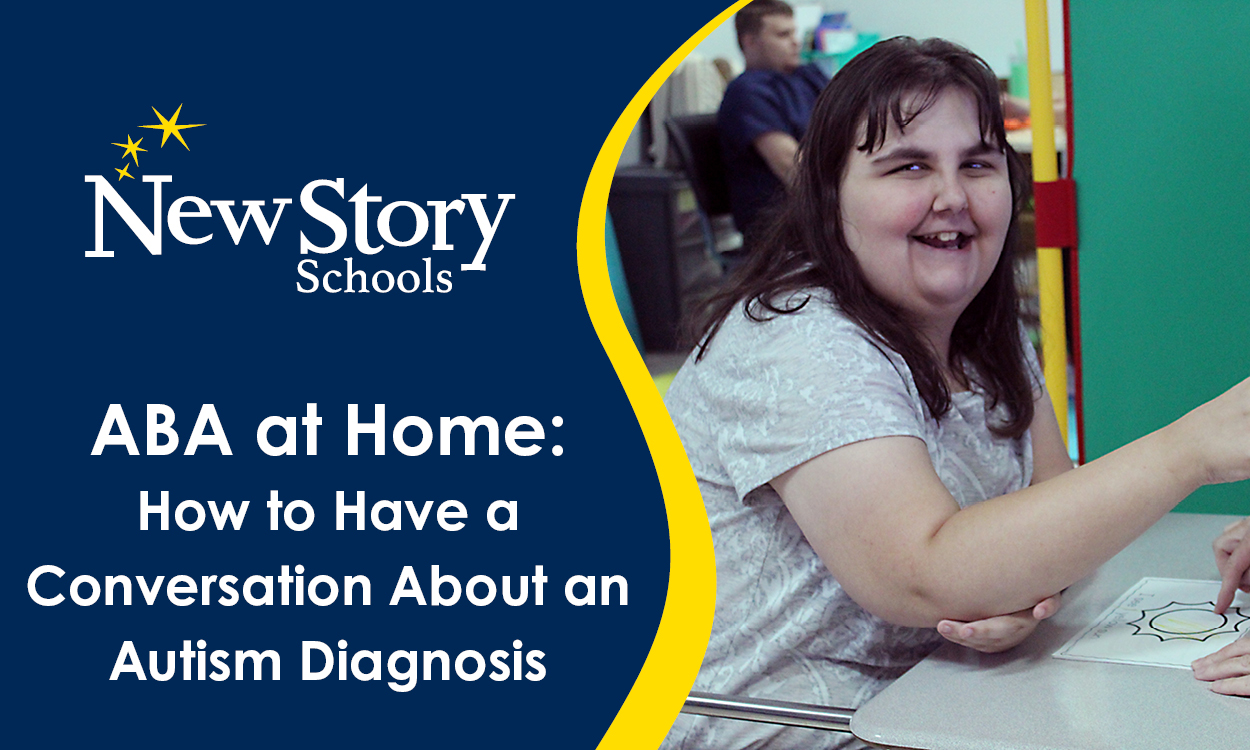How to Have Career Conversations with your Special Education Student
Posted: November 08, 2023 | Written By: Drew Delligatti | Category:
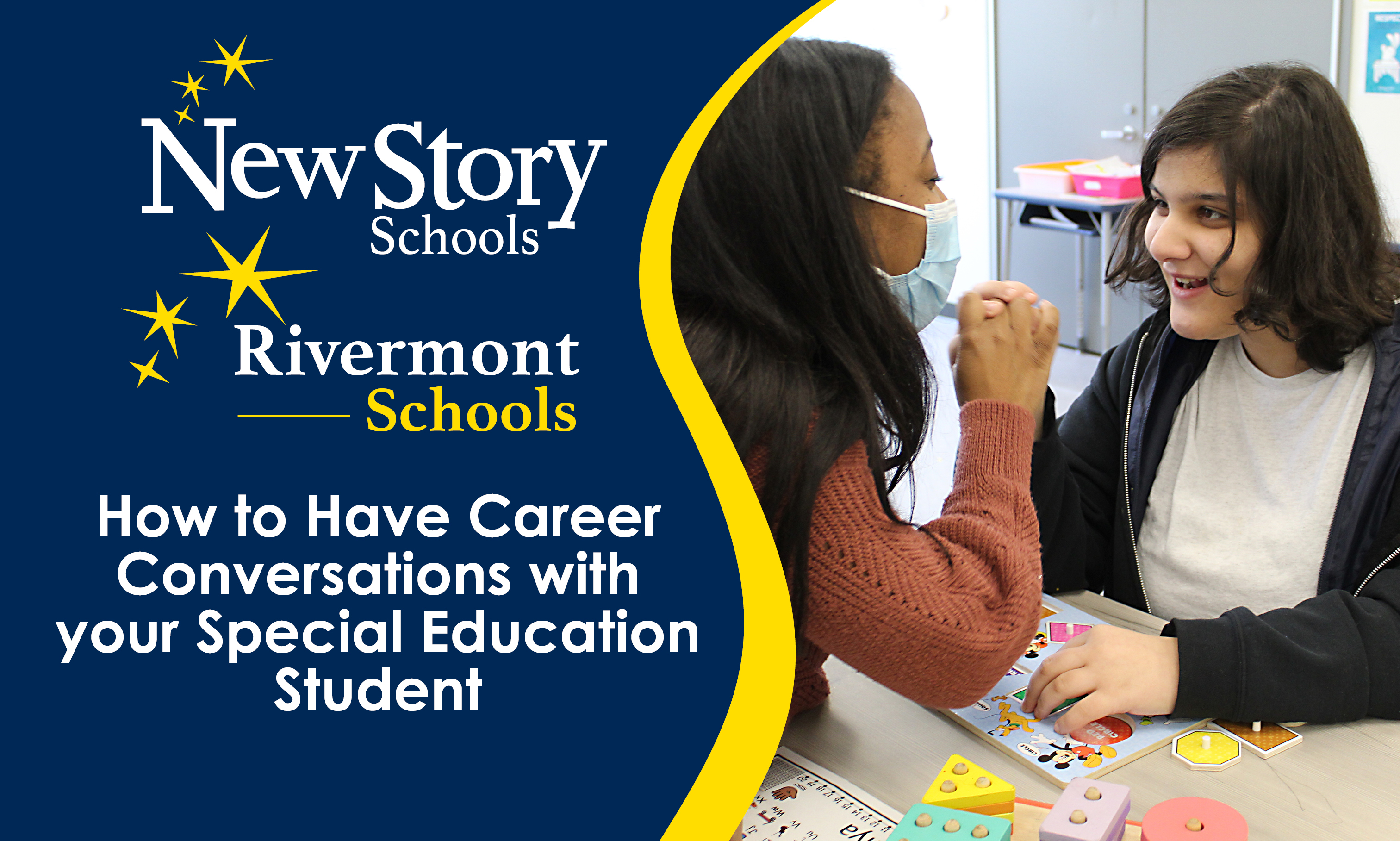
This article was written by Amy Gould, BCaBA Sr. Director of Student Services-New Story Schools/ABS, Ohio
One of the most important parts of working in Special Education is talking with your students about their future. November is Career Advisement month, so it is time for educators to prepare for these conversations. Career conversations with special education students should be positive, empowering, and focused on their unique abilities and potential. Your support and guidance can play a significant role in helping them pursue a fulfilling and successful career.
Preparing in advance with the student, guardian, and team is imperative for a seamless transition following educational services into best next steps for the individual. This may include competitive integrated employment, adult day services, or community volunteer opportunities. Review your student's Individualized Education Plan (IEP) to understand their strengths, needs, and goals, paying close attention to Section 5, transition service activities.
Provide the student with an annual career interest survey to gauge areas of interest to further expose and explore with the student. Ask open-ended questions to help your student reflect on their interests, skills, and aspirations. Encourage them to think about what they enjoy doing and what they are good at.
This may look like a pictorial evaluation, interview, or question and answer assessment. In doing this process try to set clear goals with your student. Clearly define the goals of the conversation, such as exploring career interests, discussing post-secondary education options, or identifying potential career paths. Ask what types of work or industries they are curious about. In this conversation, bring light to their strengths and areas where they may need accommodations. Help your student set achievable, short-term and long-term career goals, ensure that these goals are specific, measurable, and relevant to their interests.
Given consistent encouragement for your students to take ownership of their career planning and decision-making, the result will be a promotion of self-reliance and self-determination. After having the conversation with the student, the team can create a step-by-step action plan with timelines to achieve their career goals.
Take a look at our transition resources!
Want to be notified of new articles and resources from New Story Schools? Submit your email and opt into our newsletter!


